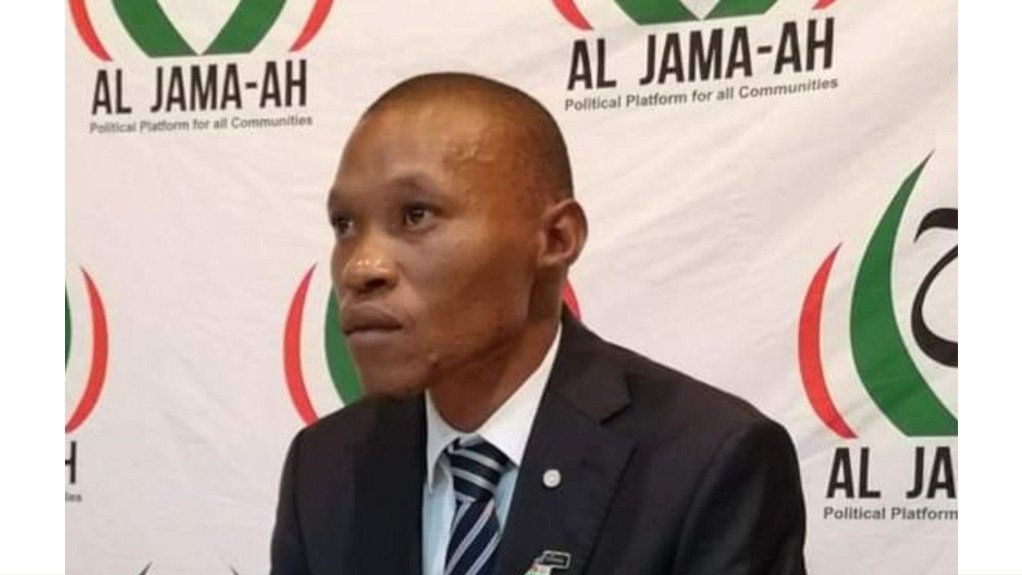The Johannesburg Emergency Management Services (EMS) has warned people to steer clear of the area where an explosion happened in the Johannesburg CBD, over fears that a secondary one could happen.
Speaking on SAFM on Thursday morning, Johannesburg EMS spokesperson Robert Mulaudzi said: "There is still a risk of a secondary explosion, hence we are discouraging people from going to the area. If there is a need to evacuate people, we will do that."
The explosion, which happened on Wednesday afternoon, left one person dead and 48 others injured. Two of the injured are said to be in critical condition.
Mulaudzi said 37 vehicles had also been damaged. Many of those, he said, were minibus taxis.
He said the deceased's body was discovered on Thursday morning.
"We discovered the body while removing the [damaged] vehicles. It looks like he was trapped under the rubble of a taxi," he said.
While the cause of the explosion has not yet been confirmed, Mulaudzi said illegal mining could not be ruled out.
Also speaking on SAFM, Johannesburg Mayor Kabelo Gwamanda said what had happened was "indeed a tragedy".
He said there was currently a voluntary evacuation of people living in the buildings near where the explosion occurred.
"The Department of Human Settlements is doing occupational assessment and also assisting with [evaluating] the integrity of the buildings to determine if the foundations have been affected, so we can respond accordingly," Gwamanda said.
It was suspected that the explosion was caused by an underground gas leak, however, Egoli Gas - a piped natural gas reticulation company that services more than 8 500 customers in the greater Johannesburg area - said neither its network nor any gas pipeline leak was detected on its systems.
"Our gas pipeline operates at extremely low pressure, providing safe gas supply in highly built-up areas and is therefore unlikely to cause an explosion," Egoli Gas said.
It also pointed out that the road collapsed mainly in the centre, whereas its pipelines are located on the sides of roads.
Gwamanda said they had been assured by specialists that the explosion was not caused by gas pipes.
However, he said, the City's underground infrastructure was "congested" by the presence of water, electricity and gas pipes.
"Any of these pipes could - due to pressure - have caused the explosion," Gwamanda said.
EMAIL THIS ARTICLE SAVE THIS ARTICLE
To subscribe email subscriptions@creamermedia.co.za or click here
To advertise email advertising@creamermedia.co.za or click here











